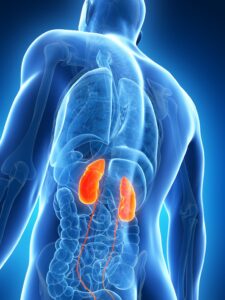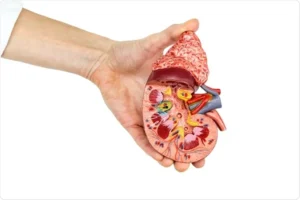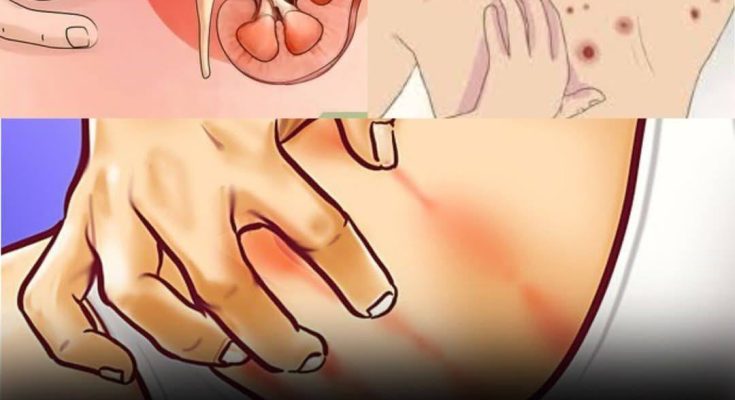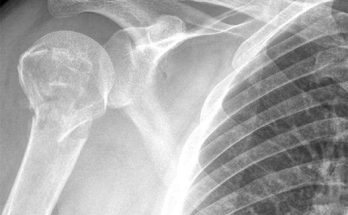Kidney disease is a serious health condition affecting millions globally. It occurs when the kidneys become damaged and can no longer perform their essential functions. These vital organs regulate fluid balance, filter waste from the blood, and maintain the body’s electrolyte levels. Early diagnosis and treatment are crucial to avoid further complications. Fortunately, your body often signals when something is wrong—if you know what to look for.
The Essential Role of Your Kidneys
The kidneys are two small, bean-shaped organs located just below the ribcage, on either side of the spine. Their primary role is to filter waste and excess fluid from the bloodstream. But they do more than that—they also help manage blood pressure, support red blood cell production, and regulate key minerals like sodium, potassium, and calcium. Healthy kidneys filter roughly 120–150 quarts of blood each day, producing 1 to 2 quarts of urine in the process.

What Is Kidney Disease?
Kidney disease—also known as renal disease—develops when the kidneys are impaired and can no longer function efficiently. Common causes include high blood pressure, diabetes, autoimmune conditions, infections, and hereditary factors. Over time, kidney disease may progress to complete kidney failure, requiring dialysis or a transplant. That’s why identifying symptoms early is key to slowing the disease and improving outcomes.
Common Symptoms of Kidney Disease
The challenge with kidney disease is that symptoms often don’t appear until it has already advanced. That said, your body may offer some early clues. If you recognize any of these signs, consult a healthcare provider promptly.

1. Changes in Urination
This is often the first sign. You might notice urinating more or less frequently, especially at night. Your urine may be foamy, or the flow might change.
2. Persistent Fatigue
Kidney dysfunction can lead to anemia, resulting in ongoing tiredness, low energy, and trouble concentrating.
3. Swelling (Edema)
Swelling in the hands, feet, ankles, face, or abdomen may occur due to fluid retention, a common issue in kidney disease.
4. Lower Back Pain
Discomfort near the kidneys, especially below the ribcage, could signal inflammation or a urinary tract infection that has spread.
5. Unintended Weight Loss or Poor Appetite
A decrease in appetite or unexplained weight loss might occur due to the buildup of toxins your kidneys can no longer filter out.
6. Nausea and Vomiting
The accumulation of waste in the blood can lead to frequent nausea or vomiting—especially in the morning or after eating.
7. Sleep Problems
Kidney issues may contribute to difficulty sleeping due to nighttime urination, muscle cramps, or restless leg syndrome.
8. Metallic Taste in the Mouth
A constant metallic or ammonia-like taste can result from waste buildup in the bloodstream.
9. Muscle Cramps or Spasms
Imbalances in calcium, magnesium, and potassium levels—regulated by the kidneys—may cause cramps or muscle twitching.
10. Itchy or Dry Skin
When toxins accumulate, the skin may become dry and itchy, often without a visible rash.
*Note: These symptoms can vary depending on the severity and stage of the disease. If you experience several of them, it’s time to seek medical advice.
How to Protect Your Kidney Health
The best approach to kidney disease is prevention. That means making healthy lifestyle choices daily:
Eat a well-balanced diet
Stay physically active
Drink enough water
Limit alcohol intake
Get enough restful sleep
Don’t smoke
Use medications responsibly, including over-the-counter options
If you’re at increased risk—due to high blood pressure, diabetes, or family history—get your kidney function tested regularly.
Final Thoughts
Kidney disease can be silent but serious. Your body often sends subtle signals before the condition becomes critical. Pay attention to these early warning signs, and don’t ignore persistent symptoms. Early detection can make all the difference in managing kidney health and preventing irreversible damage.
Don’t wait. Listen to your body—and take action before it’s too late.
TAGSHealthy living



